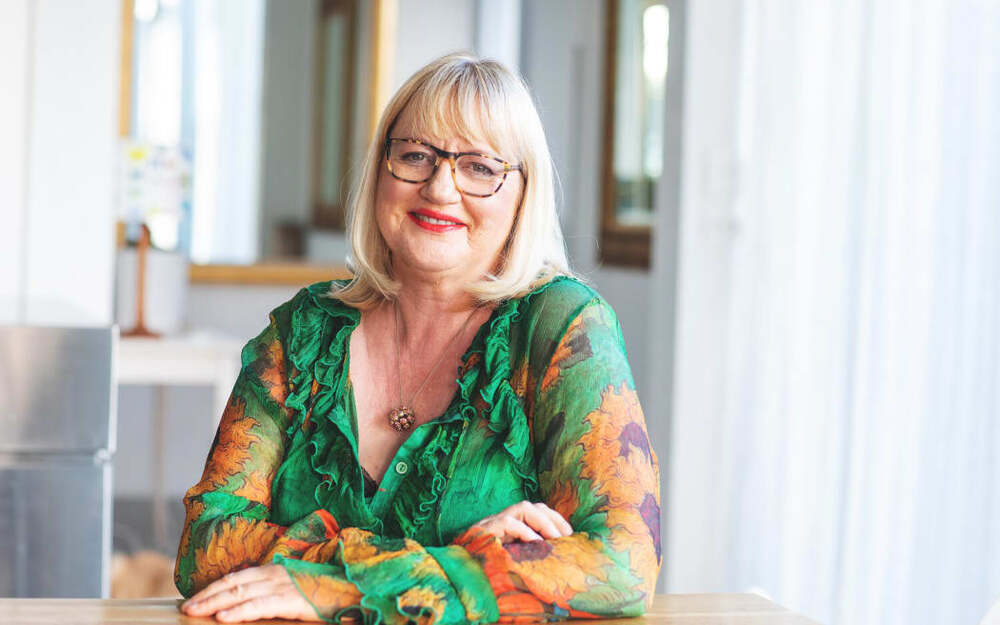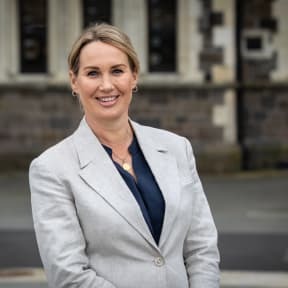Govt called to close 'unacceptable' gender pay gap
RNZ
30 November 2023, 8:49 PM
 File photo. Photo: RNZ / Eva Corlett
File photo. Photo: RNZ / Eva CorlettWomen in New Zealand are effectively working for free until the end of the year, from 2.38pm yesterday.
Based on the current pay gap of 8.6 percent, according to Statistics New Zealand, the average Kiwi woman is paid 333 days for the equivalent 365 days for men.
The pay gap for Pasifika women and wāhine Māori is 15.2 and 14.3 percent respectively, which means they have been working for free since the start of November.
Year on year, New Zealand's gender gap had decreased by 0.6 percent, moving from 9.2 percent in 2022, to 8.6 percent this year.
However, that had only decreased the pay gap by 52 hours and 32 minutes in real terms.
Theresa Gattung is the chairperson of Global Women, a collective of influential leaders advocating for equity and equality for women.
She said people may think a 8 to 9 percent gap was not a big deal, compared to other countries.
"But 8-9 percent does matter in normal life. If we were told that 9 percent of New Zealand's population had disappeared overnight, we'd think that was a problem. At the basic level of ... we bought something and it was partly defective, it wouldn't matter whether it was a bit defective. We'd still be annoyed about it.
"I think we have to be implacable as women and say any pay gap is not on, end of story."

Global Women chair Theresa Gattung. Photo: www.theresagattung.com
Gattung said in the past year, more companies had committed to reporting their gender pay gap and taking action around it.
"But as long as there's any gap, women can't stop advocating. Any gap is unacceptable."
She said the new government should commit to seeing women paid fairly and introduce pay transparency measures, like in Australia and the UK.
"It's not a time-consuming piece of policy to put in place and why should women wait? It isn't listed in the [National-led government's] priorities for the top 100 days, but why should we wait? It's not a lot of work.
"The year-on-year figures show positive signs that our gender pay gaps are closing. However, we can't become complacent, as the gap won't continue to close without sustained, intentional action.
"As a country we have come a long way in recognising the latent value of a diverse, equitable and inclusive workforce; however, the existence of the pay gap means more needs to be done."

Minister for Women Nicola Grigg. Photo: RNZ / Nate McKinnon
The newly-sworn Minister for Women Nicola Grigg said it would be a key focus area she planned to prioritise this term.
"Much of the solution relies on rebuilding the economy and restoring the hiring confidence of businesses, which is the number one objective for the new coalition government," Grigg said.
Global Women is today calling on all New Zealanders to reflect on the role they can play in closing the gender pay gap.
Gattung urged New Zealanders to use this day to talk about pay equity and pay transparency.
"Whether it's asking HR about your organisation's pay gap, to revisiting your [diversity, equity and inclusion] strategy in a leadership meeting. We need to keep challenging ourselves to do better until there is no pay gap to talk about."
This story was originally published by RNZ
CAR DEALERSHIPS


